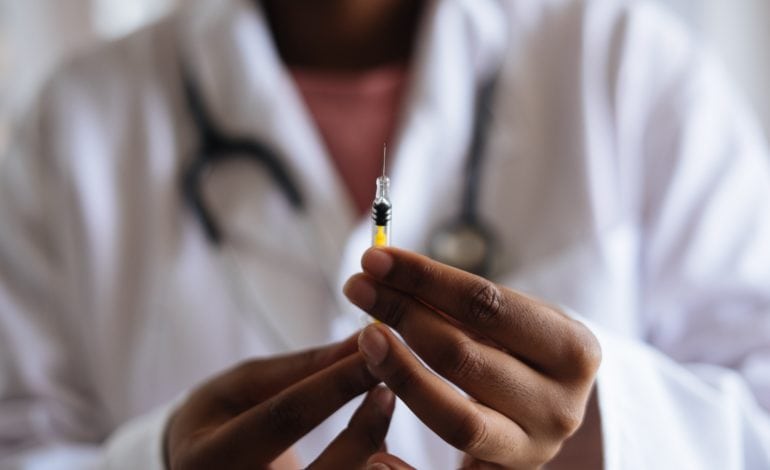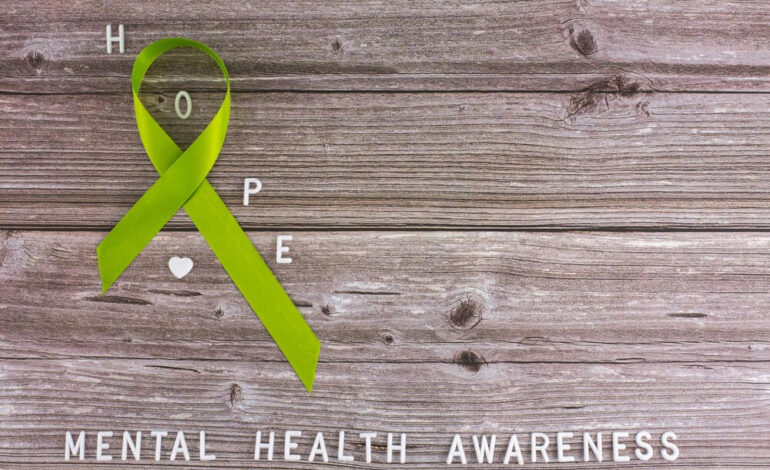“Human progress is neither automatic nor inevitable. Every step toward the goals requires sacrifice, suffering, and struggle; the tireless exertions and passionate concern of dedicated individuals.” –Martin Luther King
Addictive behavior is a symptom of deep underlying emotional processes. This destructive symptom often turns into habitual behavior. We don’t plan to become addicted to food, alcohol, or drugs, but when we are unable to work through emotional trauma or toxic stress, we often turn to these vices to cope with our overwhelming feelings and emotions. As a result, we cannot “cure” the addiction since addiction is merely a symptom of an underlying cause. Recovery is focused on treating the underlying cause to make progress on the road to recovery.
Progress vs. “cure”
Recovery from addiction is a life-long process. There is no magical cure, and results do not appear overnight. As a result, recovery treatment is a stepwise approach that involves pattern recognition, adopting new coping skills, understanding the underlying triggers, and learning new behaviors. Even when individuals “successfully” complete their treatment program, meaning that they are not readmitted because of relapse, they are still not “cured”. The term “cure” infers that the addiction is gone, and it cannot reappear. Unfortunately, since addiction is a symptom of an underlying emotional process, it can make a comeback when the underlying triggers become unbearable. Often when individuals are unable to cope with negative emotions or stressors, they relapse, returning to their addictive behaviors as an emotional crutch.
Defining Progress
If we look at addiction treatment as a form of progress, we can look at the bigger picture and celebrate the small victories, regardless of whether we have reached the “end goal” of sobriety. For example, progress can be measured by an individual’s mood, attendance at group meetings, the ability to open up in therapy, admitting you struggle with addiction, making strides towards healthier relationships, and adopting healthy habits and hobbies. One of the beautiful things about progress is that it is not black and white, and it cannot be measured in numbers. It is relative, individualized, and every step towards a positive attitude, outcome, or behavior is considered positive progress.
Finding progress after relapse
Relapse in recovery may seem devastating, but relapse should be treated as a learning lesson. No one can advance in life without adversity. When we make bad choices or if a treatment has failed us, we are in a position to ask why.
Why did this go wrong for us? Answering this question allows us to understand ourselves and our addiction better. It will enable us to make progress.
Understanding what has not worked out and why it has not worked is very important for an individual’s progress. Being able to turn failures into something productive signifies that they have a healthy approach to their recovery.
Finding progress in recovery
- Discovering your purpose: We all have a higher purpose in life, and once we discover that purpose, most of the pieces of our life puzzle start to come together. Whether our mission is being a parent, a writer, a coach, a teacher, or a good friend to others, finding our purpose and following it through can be a monumental positive step towards progress in recovery.
- Adopting new hobbies: Addiction is a symptom of underlying negative triggers that usually take up a lot of emotion, time, and space. Working towards progress in recovery often means there is more free time that can be utilized to adopt healthy new hobbies that can replace old habits and triggers.
- Working through the pain: Addiction is closely tied to trauma, which is both tied to pain. Deep wounds may open during recovery, and it is essential to sit with the pain, feel it, and allow it to pass. Overcoming the emotional pain associated with addiction and recovery is one of the most challenging forms of progress.
- Living in the present: It is so easy to focus on the past or dream about the future, but it is essential to sit with the present. Living fully in the present can allow us to heal from the past and be prepared for what our future holds.
- Forgiving others: Addiction often comes with broken relationships, which may or may not be repairable. It is essential to make peace with yourself and forgive others. Forgiveness allows you to let go of any hurt that has been tied to the past.
- Celebrating the small moments: Small victorious moments are progressing, and regardless of how small or big these moments are, we must take time to recognize and celebrate them.
AKUA Mind and Body treatment
AKUA Mind and Body is a full-service treatment program that offers a wide range of “east meets west” treatment modalities for many different populations struggling with mental health and substance use disorders. AKUA makes your recovery a priority. AKUA Mind and Body treats co-occurring disorders and works diligently with each client and their family to ensure that treatment is specifically tailored to their needs and not just their disorder.
AKUA Mind and Body offers detoxification, intensive treatment programs, and outpatient treatment programs. AKUA Mind and Body uses a blend of holistic approaches combined with evidence-based treatment to help individuals who have been affected by substance use and mental health disorders recognize their underlying triggers and develop healthy coping skills. Regardless of where you are in your recovery process, AKUA Mind and Body can help.




